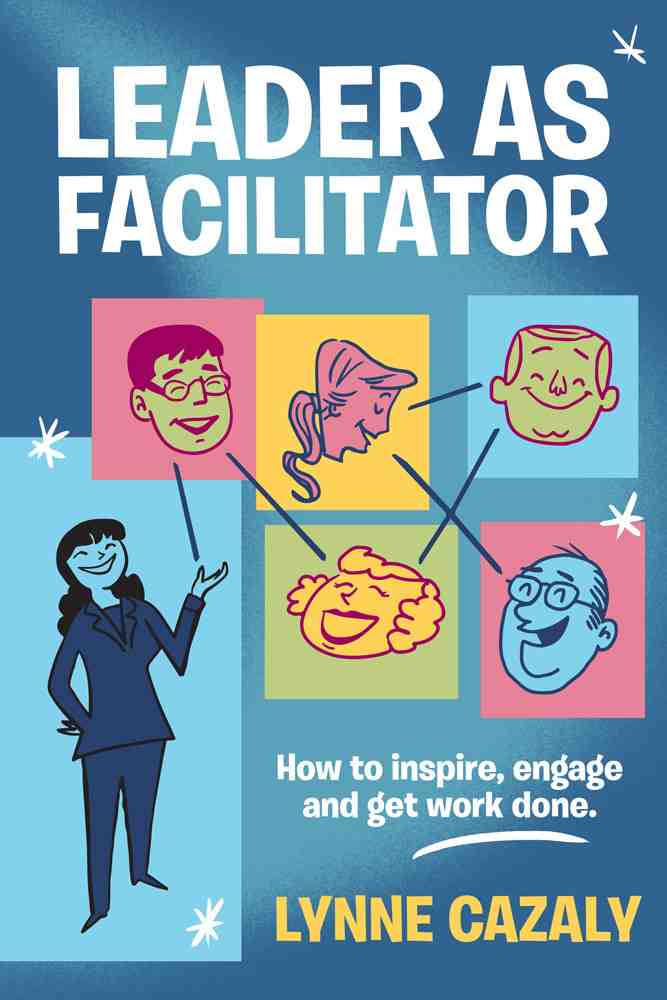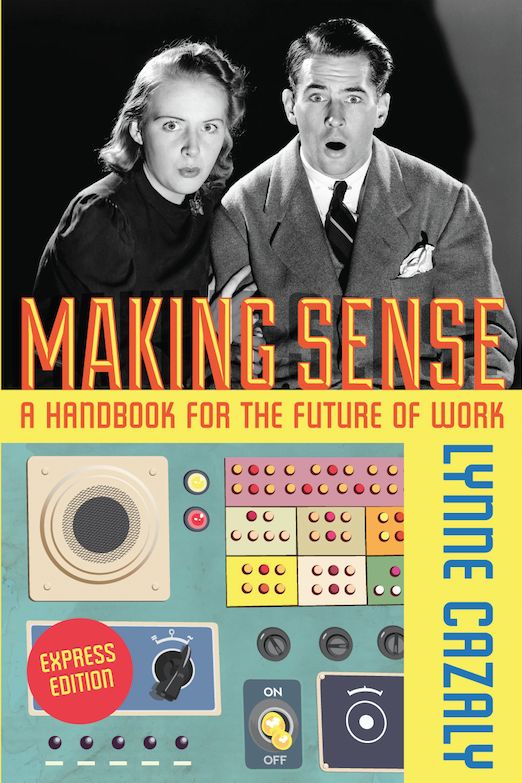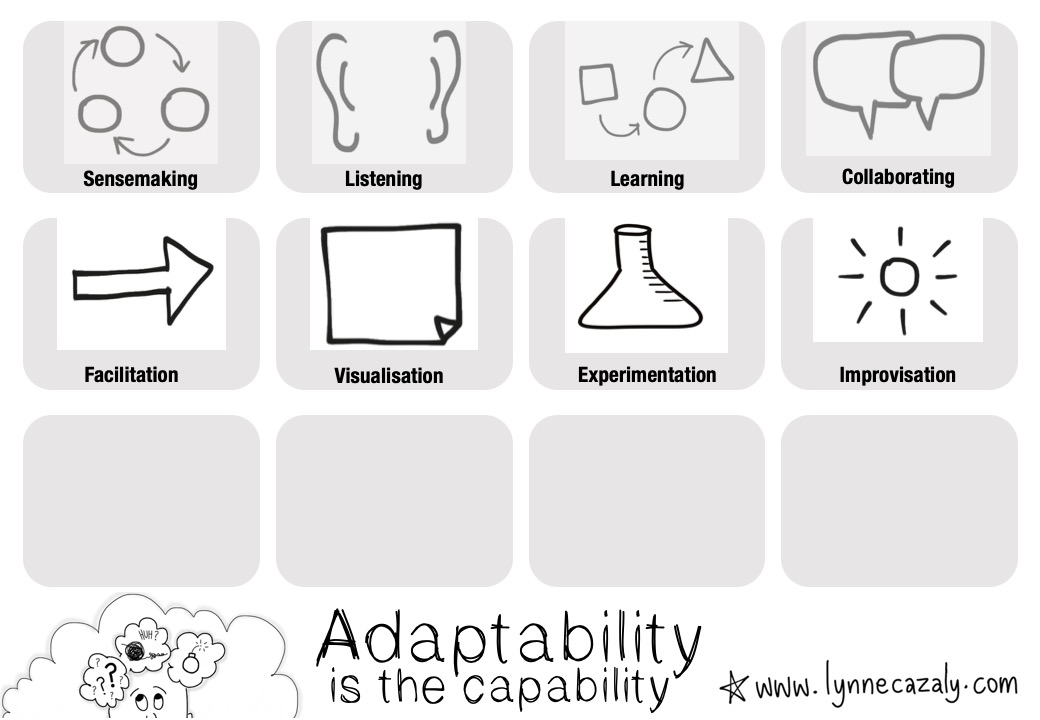Leaders need to keep changing
 Wednesday, December 18, 2019 at 10:16AM
Wednesday, December 18, 2019 at 10:16AM  If you've been a leader for a few years, you'd have noticed how leadership and the expectations of leaders keep changing.
If you've been a leader for a few years, you'd have noticed how leadership and the expectations of leaders keep changing.
The world of work changes and leaders need to adapt, flex, change with it too.
From when leaders were controllers and commanders, to an era where leaders were all about coaching their team members via 1:1 conversations, and now to today...
Today we see leaders better leveraging everyone's time and strengths by using the skills of facilitation.
My concept of the 'Leader as Facilitator' doesn't mean you become a full-time facilitator. It means you draw on the subtle, engaging and nuanced skills of facilitation to help people work together well - when needed. I wrote 'Leader as Facilitator' in 2016 to help people run better meetings, drop corny clichés (like 'I hear what you're saying' or 'Let's take it offline') and work in more collaborative, productive and creative ways.
Work still needs to get done. No matter the apps, software or systems you use, you'd do well to have the complex and impactful suite of skills that are facilitation.
Facilitation. It means 'ease' after all.
Q: How could you better build your facilitation skills?






















